“You have brains in your head. You have feet in your shoes. You can steer yourself any direction you choose.”
— Dr. Seuss
Why Coach?
Does Coaching Work? New Scientific Evidence Points to Yes
If you’re thinking about hiring a coach, one big question probably keeps circling through your mind: Will it work? There are plenty of success stories that provide evidence that coaching helps people make positive changes and create success in their personal and professional lives. New quantitative evidence, in the form of scientific data, shows that Core Energy Coaching™ helps people make measurable changes that lead to sustainable and transformational results. So, when you work with a coach who has been trained in iPEC’s proprietary Core Energy Coaching™ methodology, you’re working with an evidence-based model that’s been shown to produce real life, tangible outcomes.
What is Core Energy Coaching?
Core Energy Coaching is an integral part of iPEC’s methodology and begins with a simple premise: All people are continually experiencing energy, in one of two ways: catabolic or anabolic energy. Anabolic energy is constructive, expanding, fueling, and creative, and works for a person. Conversely, catabolic energy is destructive, draining, or resisting and works against a person. The type of energy we experience fluctuates throughout the day and inside of situations. However, because of our attitude and the way we interpret our life experiences, we wind up experiencing the same type of energy over and over again. As many people get stuck in draining, catabolic energy, iPEC coaches are trained to help them raise their energy levels and become more aware of their actions and choices. As a result of this shift to anabolic energy, they’re more apt to inspire others, more open to innovation and possibility, and far better able to pursue goals and find fulfillment in their lives.
How Can We Measure the Effect of Coaching?
The true effect of working with a coach has been difficult to quantify. Now, with new research, we have numbers—actual data—that show how working with a Core Energy Coach raises a person’s energy, so that in any given situation, one can choose to respond with anabolic energy related to opportunity, curiosity, creativity, and intuition versus more reactive, catabolic energy which reveals itself in behaviors like blame, anger, and worry.
“We were looking for evidence that coaching worked,” says Lynn Waldorf, PhD, CPC, who was tasked with analyzing a data set that contained data from about 30,000 people who had taken the Energy Leadership Index™ (ELI).
What is the ELI Assessment?
The ELI is a 70-item, web-based assessment that leads people through rating themselves on their beliefs, self-perceptions, emotional reaction tendencies, and behavior patterns. The questionnaire is designed to measure the amount of anabolic and catabolic energy in a person’s core energy makeup, under both ideal and stressful circumstances. The more a person can reduce catabolic energy and increase anabolic energy, the higher their core energy will be.
Is there Empirical Evidence?
Finding #1: Coaching Raises Core Energy Levels
The first question Waldorf was looking to answer with the data was if working with an iPEC-trained Core Energy Coach could raise a person’s core energy. To do this, she identified and studied people who had taken the ELI twice—before and after working with a coach. She found that after working with a coach, people’s average resonating level of core energy increased from 3.25 to 3.52, a statistically significant increase.
“It may seem like a small increase, but it’s exponential in terms of growth,” says Liz Fisch, Senior Vice President of Program Development and Research for iPEC. “In coaching, things happen in small or large shifts, but even a small shift in any given moment can have a huge impact. If just one person shifts out of frustration and into the energy of opportunity, it can change the entire dynamic of a workplace or family. For example, one choice to be compassionately curious with your partner instead of getting frustrated can change your entire connection. It only takes one second, one shift, but it can have a lifetime effect.”
Finding #2: Coaching Helps Individuals Respond Better in Stressful Situations
Most of us respond to stressful situations with a lot of catabolic energy (the energy of blame and frustration), which coaching can shift us out of. Waldorf wanted to measure what that shift looked like for people under stress—which is when the shift matters most. She found that after working with an iPEC Core Energy Coach, people’s percentage of catabolic energy decreased from 68.0 to 59.0 percent while under stress, while their anabolic energy increased from 32.0 to 41.0 percent.
“These are very significant numbers, especially the decrease in catabolic energy. It indicates that coaching helped people become more in control of their thoughts and behaviors rather than have an automatic reaction inside a stressful situation,” Waldorf says.
Finding #3: Coaching Increases Overall Life Satisfaction
“If someone’s core energy is higher and they are handling their stress better, does that impact how they report life satisfaction? Our theory was overall life satisfaction would increase as well,” Waldorf says.
In fact, she was right. After coaching, people reported increased levels of life satisfaction across the board, in 14 distinct areas, from financial success and engagement at work to personal freedom and intimate relationships.
The data, taken all together, tells a consistent story: There is clear evidence that Core Energy Coaching fulfills the promises it makes, and sets people up for realizing more success in life and in work.
You can read the full research paper here.
